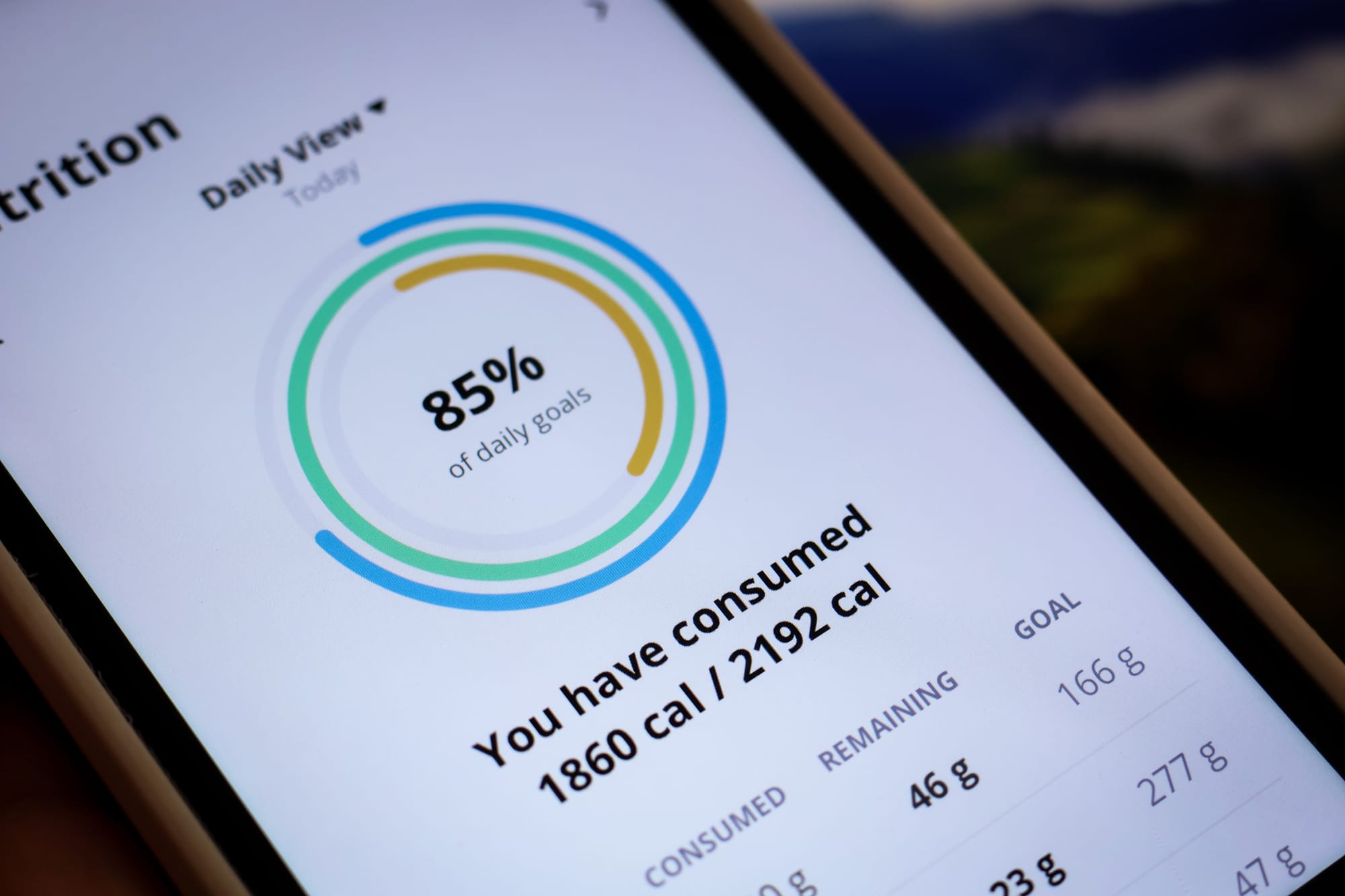How Much Protein, Carbohydrates and Fats Do I Need?

As an entrepreneur, you're constantly juggling priorities—scaling your business, managing teams, and staying ahead of the competition. With such a busy schedule, it’s easy to overlook one of your most important investments: your health.
Just like in business, your health depends on KPIs and structured plans. Understanding how to calculate your nutritional needs is crucial for maintaining the energy, focus, and resilience required to thrive both professionally and personally.
In this article, we’ll break down how to calculate your nutritional needs and help you build a logical and sustainable strategy that fits your lifestyle and preferences.
Calories
Calories are a measure of energy, and they are essential because our bodies rely on energy to move, think, and even sleep. Determining the exact number of calories you need each day can be challenging—even for nutritionists, it often requires several months of adjustments and tests.
The reason behind this complexity is that accurately measuring energy expenditure and consumption is extremely difficult.
For example, if you walk an extra 20 minutes (10 minutes each way) to a lunch meeting near your office, you might burn about 100 extra calories. However, this number can vary based on your walking speed, whether you carry a heavy backpack, and the incline of the terrain. Because of these (and dozens of other) variables, achieving precise calorie measurements is practically impossible. Instead, we use estimates and formulas to get a clearer picture.
While there are numerous formulas to calculate calorie needs, many are complex and take factors like age, height, and body composition into account. Fortunately, there are simpler guidelines that can help you estimate your energy needs without the complexity.
A good starting point and general rule:
- To maintain weight:Calorie needs = Weight (in kg) × 25–30 kcal
Calorie needs = Weight (in lbs) × 11–13 kcal
- To lose weight/fat:Calorie needs = Weight (in kg) × 15–20 kcal
Calorie needs = Weight (in lbs) × 6.8–9 kcal
- To gain weight/muscle mass:Calorie needs = Weight (in kg) × 35–40 kcal
Calorie needs = Weight (in lbs) × 15.9–18.2 kcal
There are more precise, yet more complex ways to determine your energy needs—we’ll cover that in the future (don’t forget to subscribe to the newsletter to keep up).
Protein
Like calories, your protein intake should align with your goals.
Protein plays a key role in regulating appetite, building muscle, and performing dozens of other functions.
Most guidelines establish minimum intake levels for health, but these values may not be enough for a busy life.
Here are a few guidelines to help you:
Minimum Intake for Health:
- Protein needs = Weight (in kg) × 0.8g Protein
- Protein needs = Weight (in lbs) × 0.028 oz Protein
For Regular Sports Activity:
- Protein needs = Weight (in kg) × 1.2–1.5g Protein
- Protein needs = Weight (in lbs) × 0.042–0.053 oz
For Weight Loss:
- Protein needs = Weight (in kg) × 1.5–2g Protein
- Protein needs = Weight (in lbs) × 0.053–0.070 oz
For Muscle Gain:
- Protein needs = Weight (in kg) × 2–2.5g Protein
- Protein needs = Weight (in lbs) × 0.070–0.088 oz
Protein also has an interesting property—our bodies can only absorb a certain amount at a time, roughly 20-35g (0.70-1.23 oz) every 2-3 hours. While a daily value is useful, focus on splitting your protein intake across meals to optimize absorption and support your goals.
Carbohydrates
Carbohydrates are a crucial source of energy. We need an adequate amount to support daily activities, workouts, and maintain focus throughout the day.
Reducing carbohydrate intake has become popular due to its potential for quick weight loss—as carbohydrates are rich in water, cutting this nutrient will reduce our water levels and cause a rapid weight loss. This, however, does not necessarily mean fat loss. Cutting on this fundamental nutrient can negatively affect your performance and overall well-being. Additionally, a low-carb diet may result in energy fluctuations and mood changes, which can be challenging to juggle with your responsibilities as a leader.
There are no one-size-fits-all recommendations for carbohydrate intake. The optimal amount for you depends on your specific goals and needs. However, there are some general guidelines to consider:
If your goal is health maintenance:
Carbohydrate intake = 50–55% of your total energy (in kcal)
If your goal is muscle mass increase:
Carbohydrate intake = 55% of your total energy (in kcal)
If your goal is weight loss:
Carbohydrate intake = <40% of your total energy (in kcal) from CH
The quality of the carbohydrates you consume is as important as the quantity. Carbohydrates can be divided into two categories:
- Complex Carbohydrates: These take longer to digest, providing a steady supply of energy. Examples include rice, oats, and sweet potatoes. They help maintain consistent energy levels and reduce the likelihood of energy crashes.
- Simple Carbohydrates: These are digested quickly, offering a brief energy boost. However, they can lead to rapid energy declines and increased cravings.. Examples include sugar, flour, and candy.
Opt for complex carbohydrates whenever possible. If you choose a sweet treat, pair it with a bigger meal that includes plenty of vegetables. Vegetables are high in fiber, which helps to moderate rapid spikes in blood sugar levels, minimizing the negative impact of simple carbohydrates.
Fat
Fats are essential for health, but when it comes to improving body composition, they are one of the biggest factors to consider.
Fats are very calorie dense. While 1g (0.035 oz) of carbs and protein = 4 calories, the same amount of fat = 9 Kcal. Which means even a small detour can represent a big calorie surplus.
Additionally, after they’ve done their part and fulfilled all our physiological needs, fats in excess will be easily stored for later use, resulting in an increase in body fat. For the other macronutrients (protein and carbs), their storage as fat is not as easy, as both nutrients have to undergo complex processes to be converted into fat and only then stored.
This being said, the key to success with fat is making an extra effort to provide our bodies with exactly what it needs, not more, not less. While also dependent on individual factors, this translates into 20-30% of your energy needs.
Fat quality
Similar to carbs, there are also several types of fats—while some are crucial for our health, others are completely dispensable. Polyunsaturated and monounsaturated fats are great examples of essential types of fat. They’re present in fatty fish, nuts, seeds and oils (like olive oil). On the other hand, we have trans fat, which is present in processed foods like cookies and processed meats—the recommended intake for this type of fat is no consumption at all.
To summarize—make sure to pick healthy sources of fat to promote your health but keep in mind that moderation is key—healthy doesn’t mean limitless.
If all of this seems a little complex, it’s because it is. But it gets easier when working with a certified professional to understand your needs and have a personalized plan that adapts to your needs and lifestyle. Reach out to us - get the right information and plan that you need. Let us help you get started!



